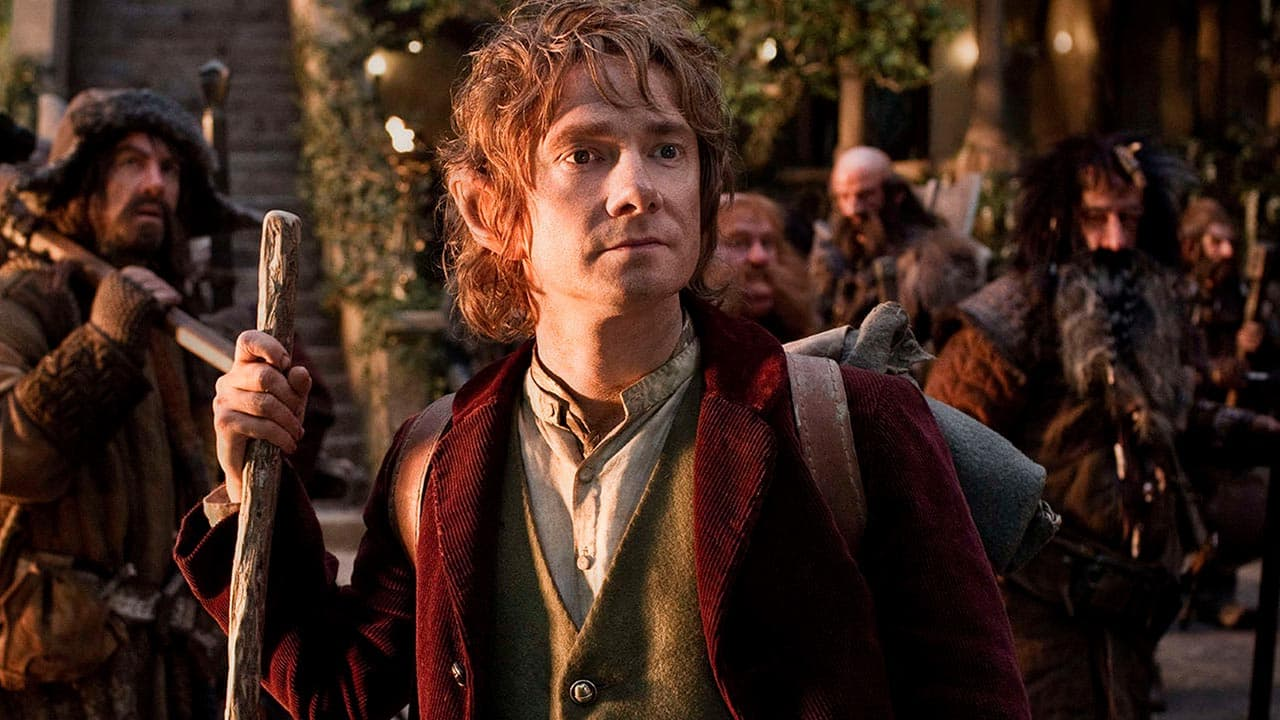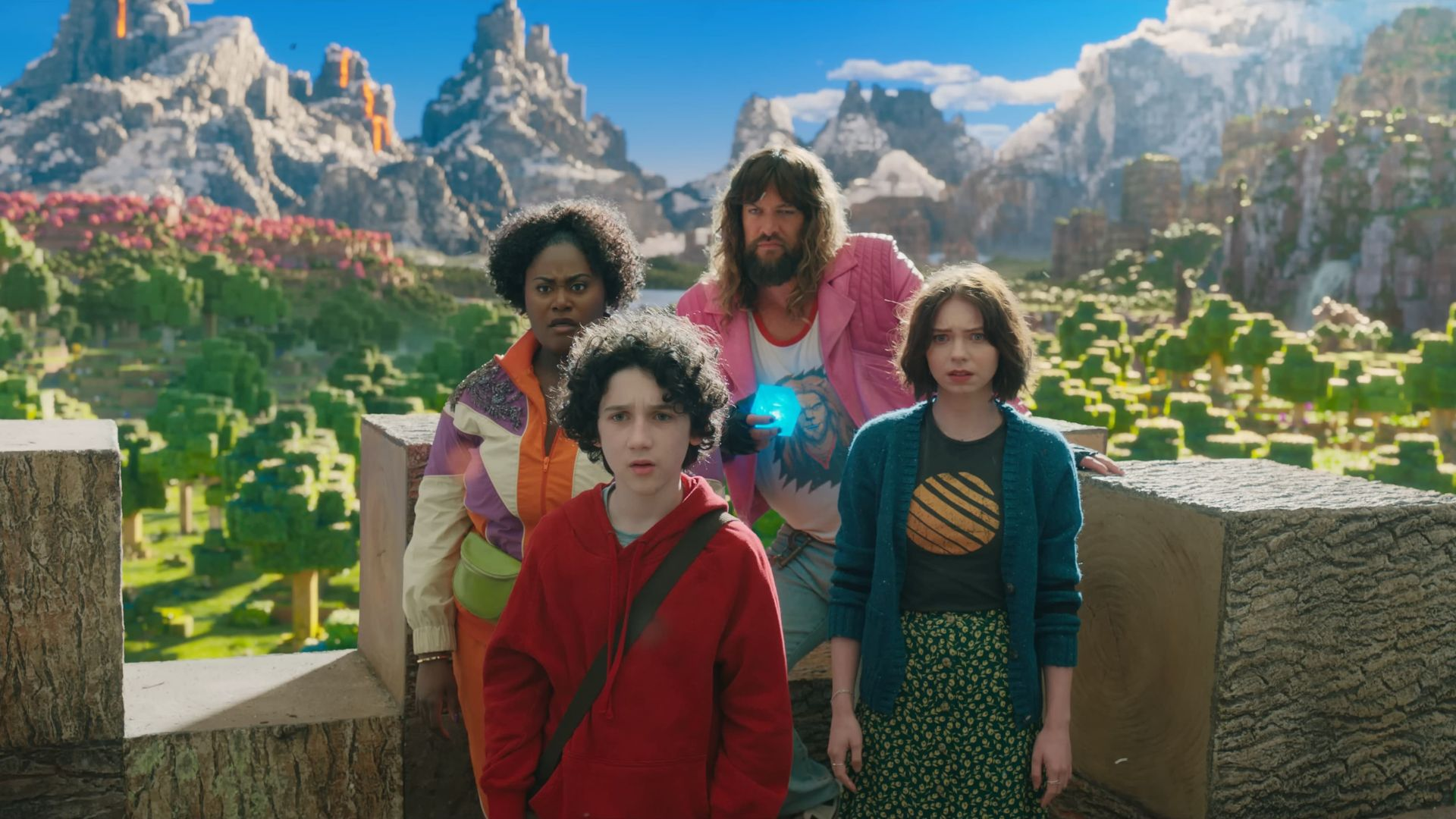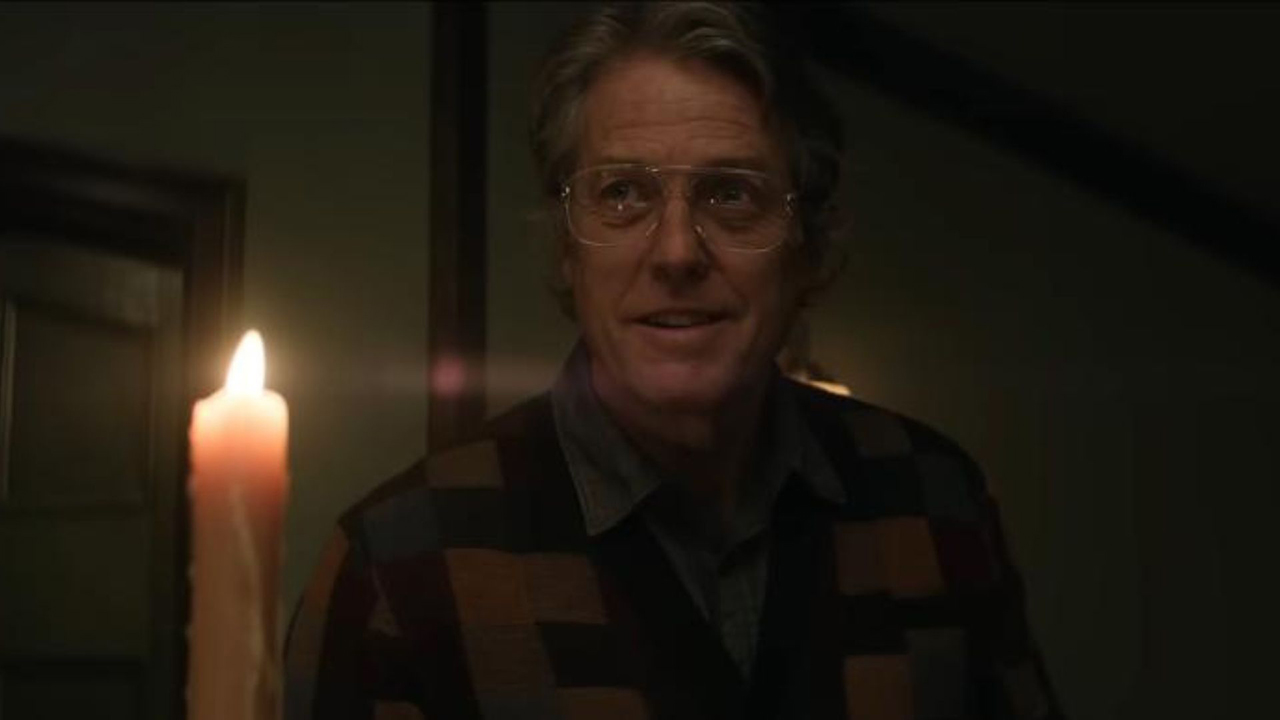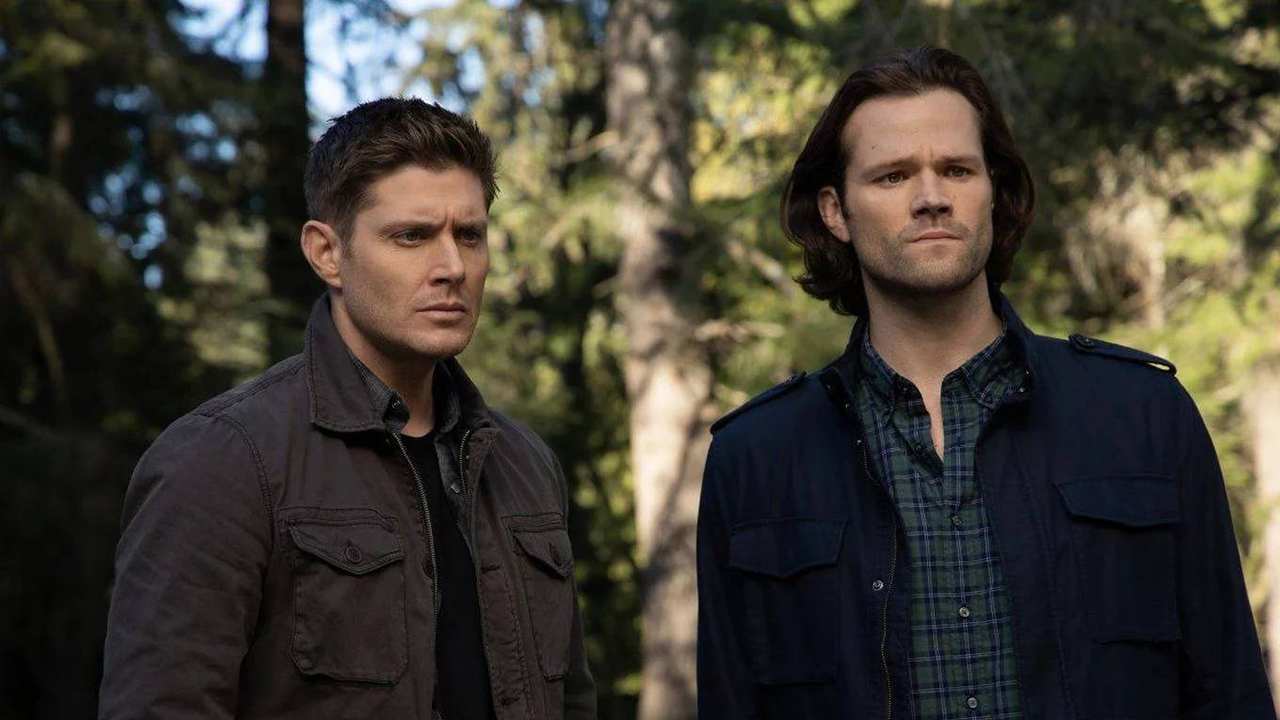In the 1990s, cinema witnessed a veritable explosion of creativity in the genre of science fiction. With the evolution of special effects and the emergence of innovative ideas, the films of this period won the hearts of audiences and left a lasting legacy in film culture.
In this article, we'll explore the most striking science fiction films of the 1990s, revealing their thrilling plots, iconic characters and the impact they still have on today's productions.
Exploring the Golden Decade: The Best Science Fiction Films of the 90s
In the 1990s, science fiction shone like never before, presenting audiences with a diverse range of narratives that challenged the imagination and explored the limits of cinematic technology. From the mysteries of outer space to the enigmas of time, each movie offered a unique and unforgettable journey. Let's dive into highlights of that remarkable decade:
The Matrix (1999): The Virtual Reality Revolution
Matrix is a masterpiece that has transcended the barriers of cinema to become a cultural landmark. Directed by the Wachowski brothers, the film introduced audiences to a world of virtual reality, where the line between the real and the imaginary is blurred. The protagonist Neo, played by Keanu ReevesThe Matrix, he discovers, is an illusion created by domineering machines. Together with Morpheus and Trinity, he embarks on an epic journey to defy the Matrix and free humanity.
The Matrix is not just a movie, it's a transformative experience that questions the nature of reality and the search for truth. With revolutionary visual effects and a complex narrative, it continues to inspire generations of viewers to this day. Get ready to dive into the surreal universe of The Matrix and discover the secrets that await beyond the screen.
Behind the scenes: The special effects team faced enormous challenges when creating the groundbreaking visuals for The Matrix. From the iconic bullet time scene to the construction of complex digital sets, every detail was meticulously planned to transport the audience into the world of The Matrix.
Cultural impact: The Matrix not only redefined science fiction cinema, but also influenced popular culture in unimaginable ways. Its legacy can be seen in films, video games and even philosophical discussions about the nature of reality.
Terminator 2: The Final Judgment (1991): The Battle for Humanity's Destiny
In Terminator 2: The Final JudgmentJames Cameron presents us with an epic sequel that surpasses the original in every respect. Sarah Connor, now a determined warrior, faces a deadly new enemy sent from the future to eliminate her son, John Connor, the future leader of the human resistance. With the help of the mysterious cyborg T-800, played by Arnold SchwarzeneggerThey embark on a race against time to prevent the imminent apocalypse.
This movie not only raised the bar for action sequences, but also deepened the mythology established in the first film. The relationship between Sarah Connor and the T-800 is at the heart of the story, providing emotional moments and reflections on what it means to be human in a world dominated by machines.
Behind the scenes: Terminator 2 was a milestone in the use of visual and practical effects, including the impressive transformation of the T-1000, a liquid metal cyborg. The special effects team created innovative techniques to bring this futuristic menace to life.
Cultural impact: Terminator 2 not only consolidated the franchise's status as one of the most important in science fiction, but also influenced pop culture with its dystopian vision of the future and its message about human endurance.
12 Monkeys (1995): A Journey Through Time with Deadly Consequences
12 Monkeys, directed by Terry Gilliamdirected by Terry Gilliam, is a science fiction masterpiece that mixes elements of time travel, dystopia and psychological suspense. In the movie, a prisoner is sent back in time to gather information about a deadly virus that has decimated the world's population. Between time paradoxes and sinister conspiracies, he finds himself fighting not only for survival, but also for sanity.
This is a cinematic masterpiece that defies the conventions of the genre, offering an intricate narrative and memorable performances. Bruce Willis and Brad Pitt deliver exceptional performances, elevating the film to new heights of excellence.
Behind the scenes: The production of 12 Monkeys was marked by creative challenges, especially in the representation of different time periods. The production design team worked meticulously to create authentic environments that reflected the different eras visited by the protagonist.
Cultural impact: 12 Monkeys has received critical acclaim and earned a prominent place in the science fiction canon. Its unique approach to time travel and its reflections on human destiny continue to captivate viewers around the world.
Independence Day (1996): The Fight for Humanity's Survival
Independence Day is a science fiction epic that captured the public's imagination with its thrilling battle between humanity and an invading alien race. Directed by Roland Emmerich, the movie offers a visual spectacle of epic proportions, with scenes of mass destruction and impressive aerial confrontations.
The story follows a diverse group of characters, including a brave pilot,
an eccentric scientist and the President of the United States, as they team up to fight the extraterrestrial threat. With cutting-edge special effects and a monumental sense of scale, Independence Day is a cinematic experience that will stick in the memory.
Read also: What is the chronological order of the Fast and Furious movies?
Behind the scenes: The Independence Day visual effects team faced the challenge of creating convincing alien creatures and imposing spaceships. The result was a combination of practical effects and CGI that impressed audiences and set the standard for future science fiction productions.
Cultural impact: Independence Day became a cultural phenomenon, inspiring a generation of filmmakers and leaving a lasting legacy in pop culture. Its epic moments and message of unity against adversity continue to resonate with audiences to this day.
Contact (1997): The Search for Truth Beyond the Stars
Contactbased on the novel by Carl Sagan, is an exciting journey to the stars, full of philosophical questions and scientific discoveries. The movie follows the story of Ellie Arroway, a dogged scientist who dedicates her life to the search for extraterrestrial intelligence. When she finally makes contact with an alien civilization, it triggers a series of events that challenge not only her beliefs, but also humanity's understanding of the universe.
Jodie Foster delivers a memorable performance as Ellie Arroway, capturing the determination and passion of a woman in search of answers. Contact is a movie that makes us question our place in the cosmos and the possibility of life beyond Earth.
Behind the scenes: The Contact visual effects team faced the challenge of creating an authentic representation of the cosmic events depicted in the film. With the help of renowned scientific consultants, they managed to create impressive sequences that seem plausible from a scientific point of view.
Cultural impact: Contact received critical acclaim for its intelligent and provocative approach to science fiction. The film has inspired debates about the existence of extraterrestrial life and humanity's role in the vast cosmos.
Gattaca (1997): A World of Possibilities and Genetic Limitations
Gattaca is a visionary work that transports us to a dystopian future where a person's fate is determined by their genetic makeup. In the world of Gattaca, individuals are classified as "valid" or "invalid" based on their genetic predisposition to diseases and abilities. Vincent Freeman, played by Ethan Hawke, defies expectations by infiltrating the genetic system in order to achieve his dreams of traveling into space.
Directed by Andrew Niccol, Gattaca is a profound reflection on the nature of identity and the power of human determination. With captivating performances and a distinctive visual aesthetic, the film invites us to question the limits of science and the value of individuality.
Behind the scenes: The Gattaca production design team created a meticulously detailed futuristic world, full of sophisticated technology and elegant design. Every element of the film has been designed to reflect director Andrew Niccol's dystopian vision.
Cultural impact: Gattaca was acclaimed for its original and provocative approach to ethical and social issues related to genetic engineering. The film continues to be a source of inspiration for debates on the future of science and technology.
Star Wars: Episode I - The Phantom Menace (1999): The Triumphant Return of an Iconic Saga
Star Wars: Episode I - The Phantom Menace marks the beginning of the prequel to the original Star Wars trilogy, presenting fans with a broader vision of the galaxy far, far away. Directed by George Lucas, the film chronicles the rise of the young Anakin Skywalker and the events that led him to become the legendary Darth Vader.
Despite mixed reviews, The Phantom Menace left a lasting impact on pop culture, introducing new characters, exotic worlds and epic battles. From the charismatic Jedi Qui-Gon Jinn to the fearsome Darth Maul, the movie introduces a variety of memorable characters that enrich the Star Wars universe.
Behind the scenes: Star Wars: Episode I was a milestone in the use of special effects and CGI, with the production team creating worlds and creatures never seen before. The legendary pod racing sequence is just one example of the technical innovation the film brought to cinema.
Cultural impact: Despite the controversies, Star Wars: Episode I has earned a special place in the hearts of fans, fueling passion for George Lucas' space saga and inspiring generations of filmmakers and viewers.
The Sixth Sense (1999): A Supernatural Journey Towards Redemption
The Sixth Sensedirected by M. Night Shyamalan, is a psychological thriller that stunned audiences with its surprising twist. The film follows child psychologist Dr. Malcolm Crowe, played by Bruce Willis, as he tries to help a young patient who claims to see dead people.
The Sixth Sense is a gripping cinematic experience, full of suspense and emotion. The chemistry between Willis and the young Haley Joel Osment is palpable, creating an emotional connection that resonates right up to the movie's shocking ending.
Read also: 9 Best Jenna Ortega Movies and TV Shows!
Behind the scenes: The final twist in The Sixth Sense has become one of the most iconic in movie history. M. Night Shyamalan and his team worked hard to keep the secret until the film's release, surprising audiences and securing its position as a modern classic.
Cultural impact: The Sixth Sense not only solidified M. Night Shyamalan's reputation as a master of suspense, but also redefined expectations for psychological horror films. His influence can be felt in later works that seek to replicate his unique blend of suspense and thrills.
Fight Club (1999): An Odyssey of Self-Discovery and Anarchy
Fight Clubdirected by David Fincher, is a cinematic masterpiece that challenges the conventions of the genre and provokes reflections on the nature of identity and society. The film follows a disillusioned man, played by Edward Norton, who finds release through violence and chaos by getting involved in an underground fight club.
With a non-linear narrative and magnetic performances from Norton and Brad Pitt, Fight Club is a cinematic tour de force that continues to intrigue and provoke discussion among viewers. Its exploration of themes such as alienation, consumerism and toxic masculinity makes it a relevant work even decades after its release.
Behind the scenes: Fight Club faced controversy and challenges during production, including concerns about its depiction of violence and its anti-establishment message. However, its bold vision and flawless execution have made it a landmark in the history of contemporary cinema.
Cultural impact: Fight Club provoked heated debates about its message and meaning, becoming a cult movie loved by a legion of fans. Its influence can be seen in subsequent works that seek to challenge norms and question social structures.
Toy Story (1995): An Animated Adventure Beyond Imagination
Toy Story is a milestone in the history of cinema, being the first feature film to be entirely computer-animated. Directed by John Lasseter, the movie transports audiences to a world where toys come to life when their owners are not around. With charming characters, endearing humor and a moving message about friendship and acceptance, Toy Story has won the hearts of millions of people around the world.
Behind the scenes: The production of Toy Story was a milestone in the animation industry, with the Pixar team developing innovative techniques to create characters and environments digitally. The result was a visually stunning movie that captivated audiences of all ages.
Cultural impact: Toy Story not only launched the golden age of digital animation, but also left a lasting legacy in popular culture. Its influence can be seen in subsequent Pixar films and throughout the animation industry.
Conclusion: The Enduring Legacy of the 1990s in Science Fiction
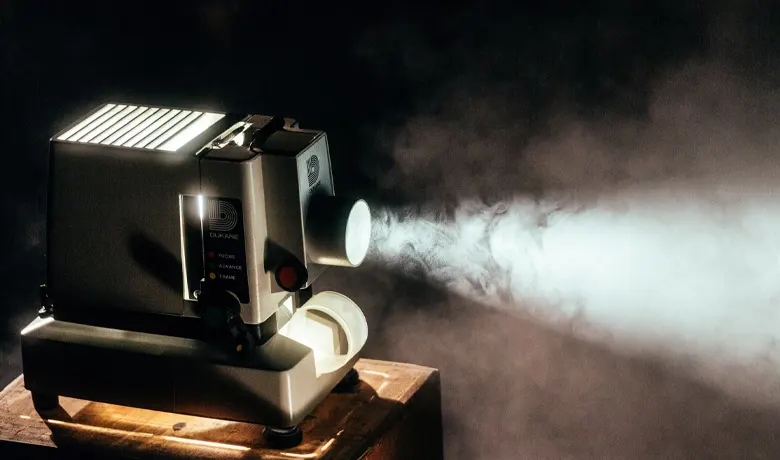
The 1990s were a golden age for science fiction, giving rise to a series of iconic films that continue to inspire and captivate audiences to this day. From dystopian visions of future worlds to intricate time-travel plots, each movie offered a unique perspective on the infinite possibilities of the universe.
As we move into the future, it's important to remember and celebrate the lasting legacy of these cinematic treasures, which remind us of our ability to dream, imagine and explore the unknown. So take some time to revisit these sci-fi classics from the 90s and check out what the 7 movies with plot twists you need to watch. We're sure you'll like this recommendation.

